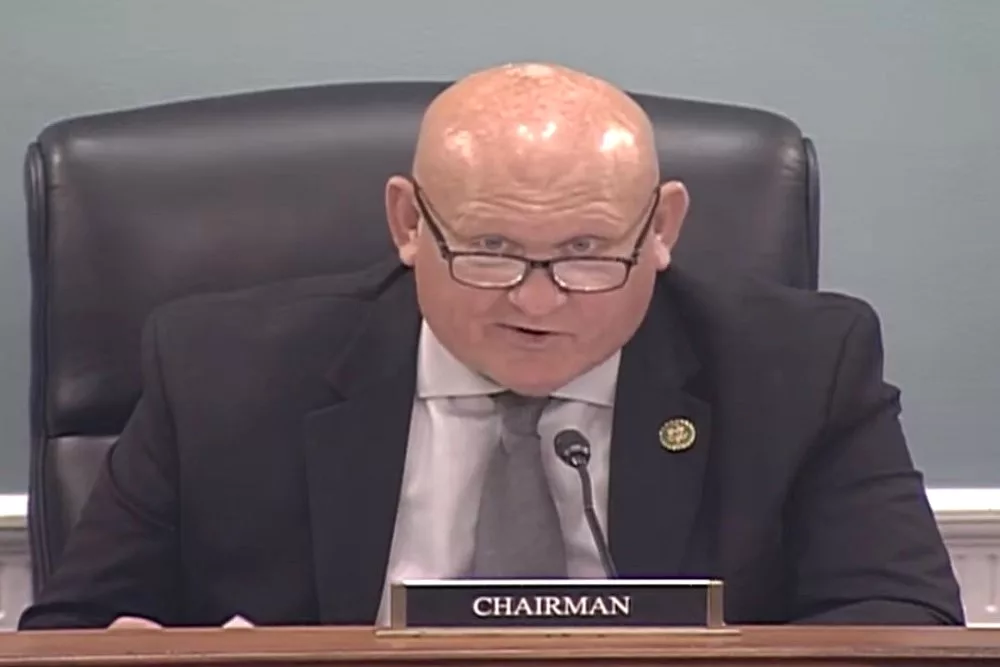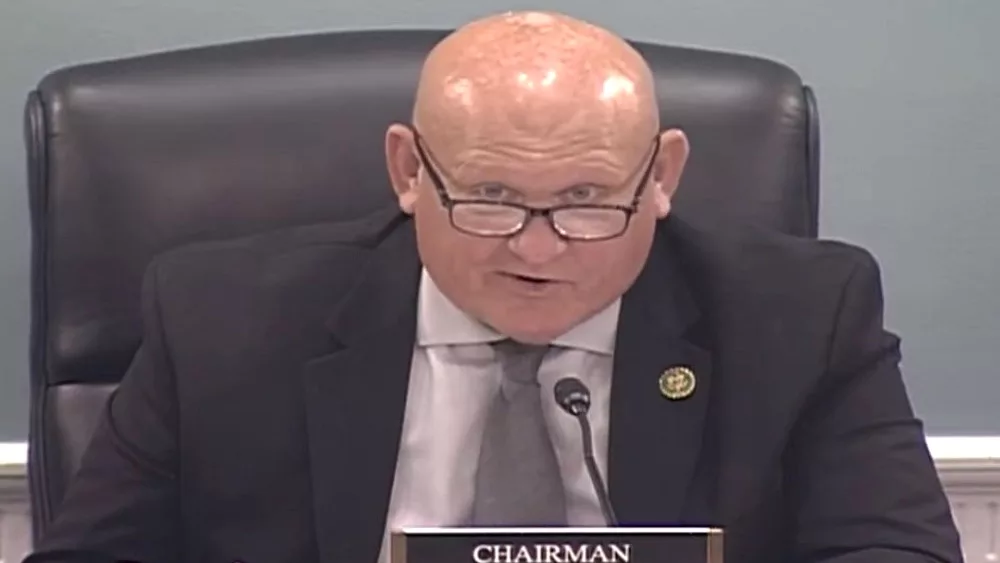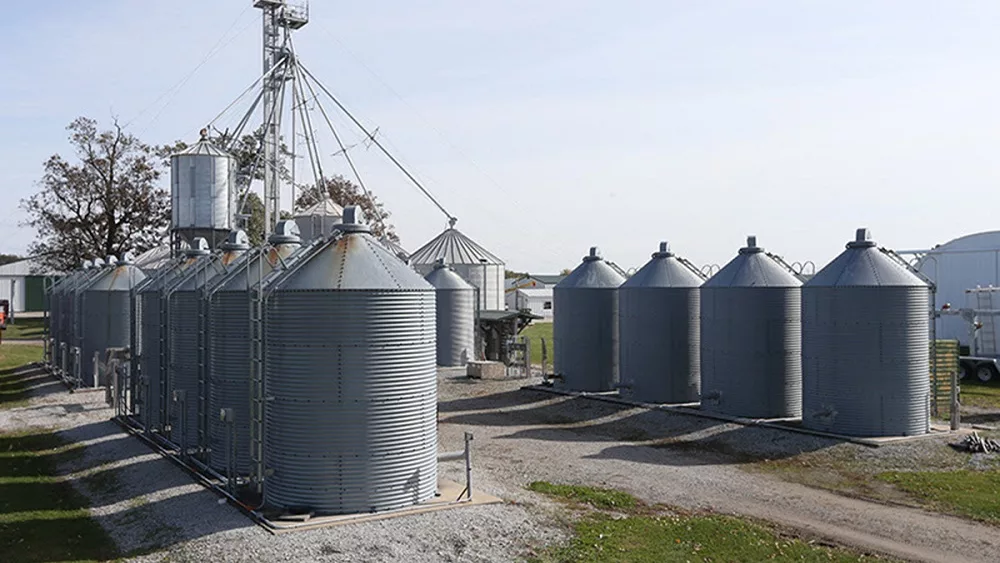
The EPA’s regulations that impact the ag industry were scrutinized during a House Ag Committee hearing on Wednesday.
“What producers should not have to worry about is the federal government working against them,” said Rep. Glenn “G.T.” Thompson (R-PA-15), who serves as Chair of the House Ag Committee.
In his opening statement, Thompson pointed out recent actions that pit the EPA against agriculture.
“Last summer, the EPA published the draft Vulnerable Species Pilot Program and the draft herbicide strategy that will directly impact the ability of producers to utilize these critical tools and will cost billions to comply with. Even this administration’s own U.S. Department of Agriculture expressed significant concerns with these actions,” he said.
“The Biden Administration’s attacks on American agriculture do not stop at crop protection tools. Earlier this year, the EPA published a proposed rule that significantly changes the effluent limitation guidelines for meat and poultry processing. While Biden’s USDA spends millions to supposedly expand meat and poultry processing capacity, his EPA is simultaneously proposing a rule that would shutter processing plants and impose significant compliance costs across industries vital to food affordability,” he said.
Thompson also pointed out the environmental stewardship of farmers.
“American farmers and ranchers are the original conservationists. No one cares more for the environment than those whose livelihoods depend on it. They work tirelessly to ensure consumers have the safest, most abundant, most affordable food and fiber supply in the world. Agriculture isn’t like any other industry. Producers are at the mercy of many uncontrollable factors, including extreme weather, natural disasters, pests and diseases, input costs and geopolitical unrest,” he said.
Among those who testified before the House Ag Committee hearing was Chris Chinn, Missouri Agriculture Director. During her testimony, Chinn underscored the need for federal agencies to more meaningfully include state departments of agriculture in conversations concerning regulatory policymaking, more commonly known as cooperative federalism.
“When it comes to protecting the environment, agricultural producers and communities of every size rely on decisions from the EPA that are based on sound science, collaboration and transparency throughout each step of the process,” Chinn said. “It is time for the EPA to invite agriculture generally, and state departments of agriculture specifically, into discussions early and often to find solutions that can elevate environmental protections and production agriculture.”
Chinn stated that a collaborative approach from the EPA would elevate state departments of agriculture’s critical contributions as co-regulatory partners while reducing the negative effects of burdensome mandates on American agriculture.
“Regulations must be based on validated science and science-based risk assessments,” Chinn said. “To achieve this goal, the federal government must embrace states’ co-regulatory role – lifting them up as true partners in the regulatory process, not simply stakeholders.”
When discussing the EPA’s Vulnerable Species Pilot Project and Herbicide Strategy in the 2022 Endangered Species Act Workplan Update, Chinn noted how a lack of collaboration from the EPA resulted in frameworks that were not feasible for the agriculture community.
“The Agency’s failure to engage with co-regulators that are closest to producers is a major factor in those frameworks being unworkable for both pesticide applicators and state enforcement agencies,” Chinn said.
Chinn expressed additional concern about regulations regarding the EPA and U.S. Army Corps of Engineers’ revisions and inaction of implementation of the 2023 Waters of the U.S. rule after the Sackett v. EPA Supreme Court decision.
“It’s been over a year since the Supreme Court’s decision in Sackett v. EPA, and state departments of agriculture, farmers, ranchers and landowners are still waiting on the agency to implement the decision into their WOTUS rule and, most importantly, recognize the critical role of states in regulating non-navigable waters,” Chinn said.
Despite these concerns, Chinn applauded the EPA’s efforts in incorporating cooperative federalism objectives into various regulatory policy developments. This includes the agency forming the Animal Agriculture and Water Quality Federal Advisory Subcommittee and the successful Mississippi River/Gulf of Mexico Hypoxia Task Force.
Conversely, Rep. David Scott (D-GA-07), the Ranking Member of the House Ag Committee, expressed his disappointment during the hearing that the House version of the Farm Bill has stalled since it advanced the committee in May.
“I must express my deep concerns about Chairman Thompson’s willingness to forego the farm bill. His stubborn refusal to engage on a bipartisan farm bill is irresponsible for the American people, especially our farmers who feed, fuel, clothe, and house our nation,” Scott said. “Since our very divisive mark up almost two months ago, there has been absolutely no progress on Chairman Thompson’s bipartisan bill. This delay hurts the American people.”
Click BELOW to watch the full hearing of the House Ag Committee over the consequences of EPA’s actions on U.S. agriculture:





